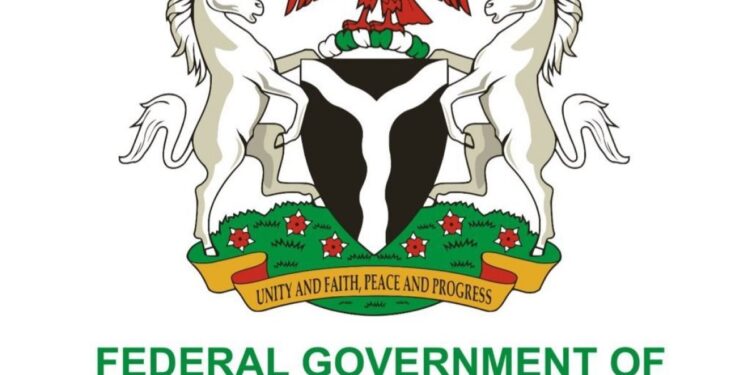In the first two months of 2023, the Federal Government experienced a revenue shortfall of N13.33bn due to penalties issued against oil and gas firms for gas flaring, as reported by The PUNCH. The penalties were imposed on companies operating onshore for flaring 24 billion Standard Cubic Feet (SCF) of gas, valued at approximately N40bn ($86m).
According to data from the National Oil Spill Detection and Response Agency (NOSDRA), companies operating onshore were charged $49m (N22bn) in fines for their violation of gas flaring regulations. NOSDRA’s gas flare data indicated that in January and February 2023, these companies flared 19.14 billion SCF and 14.04 billion SCF of gas, respectively. The total carbon dioxide emission resulting from this activity amounted to 1.3 million tonnes, with a potential power generation capacity of 2,500 gigawatt hours.
For offshore companies, they flared 25.8 billion SCF of gas valued at $90m during the same period. This amount could generate 2,600 gigawatt hours of electricity and led to an equivalent of 1.4 million tonnes of carbon dioxide emission. Specifically, in January and February 2023, the offshore companies flared 10.84 billion SCF and 13.09 billion SCF of gas, respectively. However, the report did not provide information about the penalties imposed on these companies for their flaring activities.
Contrary to expectations, findings by The PUNCH revealed that the Federal Government did not receive the projected N22bn from gas flaring penalties in January and February. Data from the Central Bank of Nigeria’s quarterly statistical bulletin for the first quarter of 2023 indicated that the government earned N4.6bn in January and N4.07bn in February from gas flaring penalties.
The revenue shortfall highlights the need for stricter enforcement of gas flaring regulations to promote environmental protection and conservation of natural resources. Gas flaring not only contributes to environmental pollution but also represents a waste of valuable energy resources.
As the government addresses the issue of revenue shortfall, it should also explore measures to incentivize companies to adopt cleaner and more sustainable practices. Additionally, enhancing the transparency and accountability of revenue collection processes will ensure that the government receives the appropriate penalties from companies engaged in gas flaring activities.










